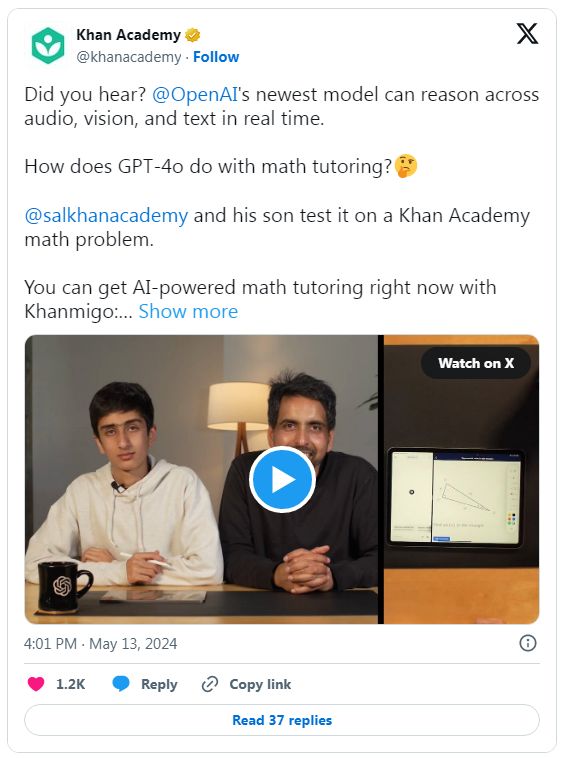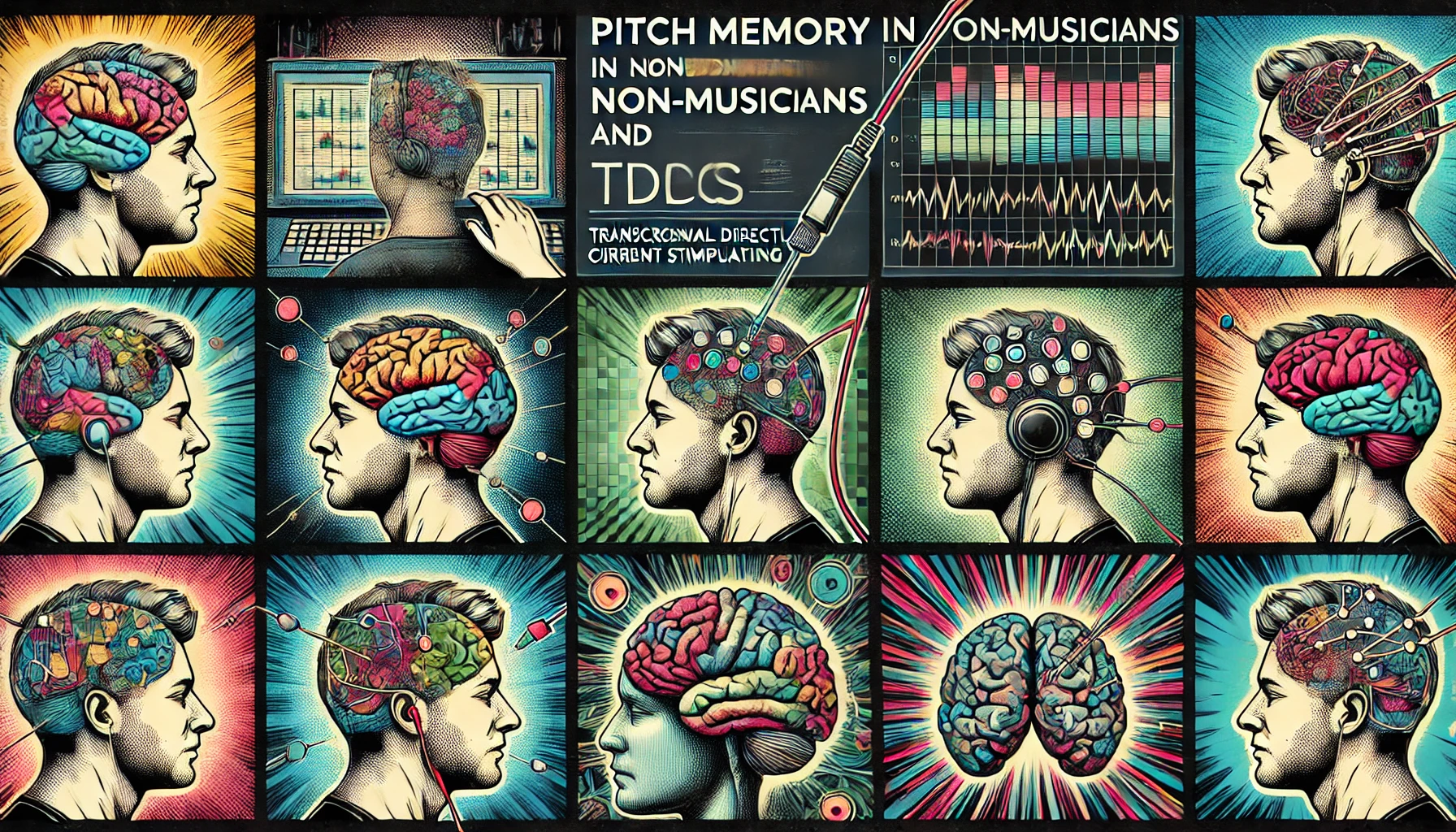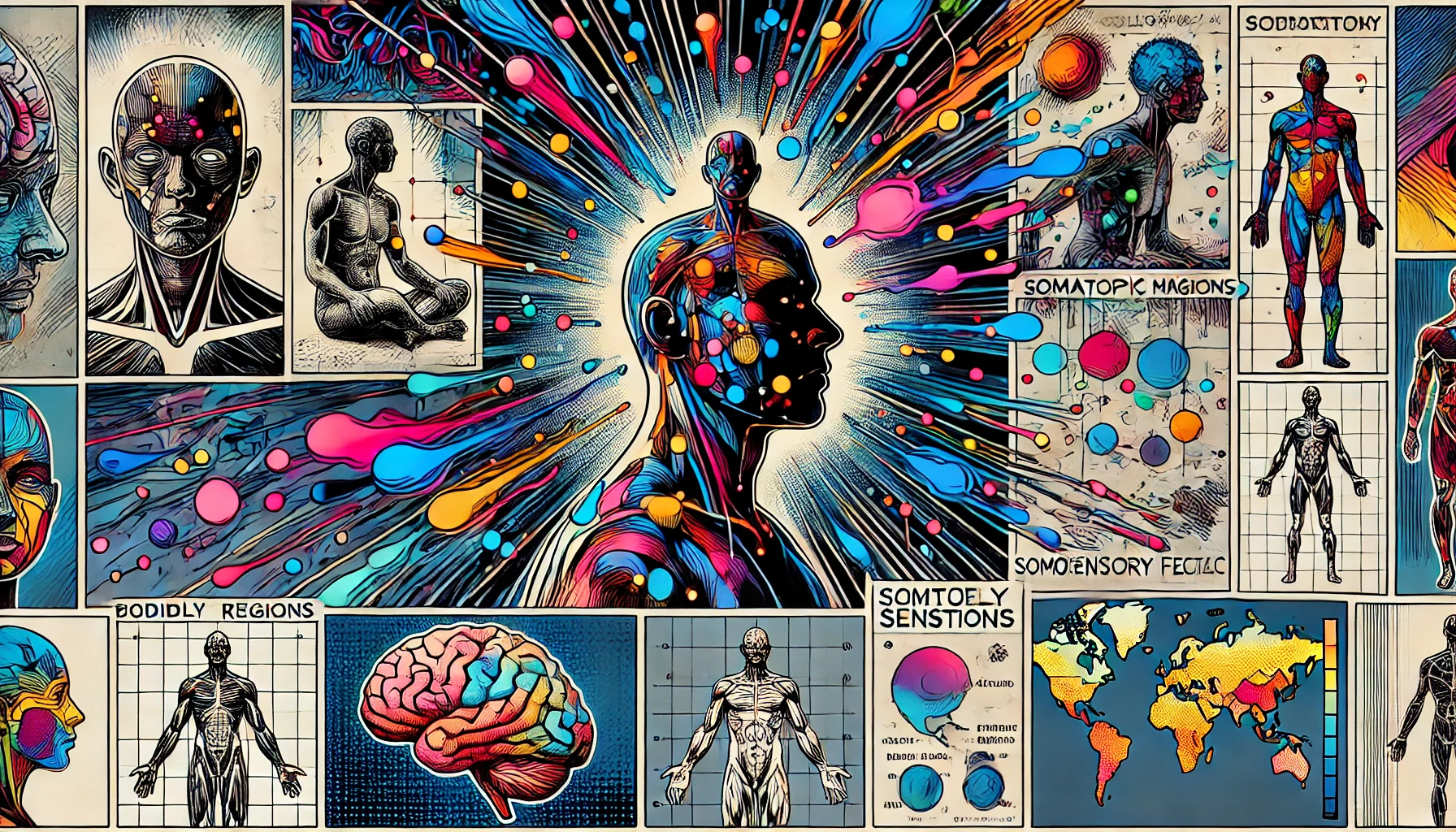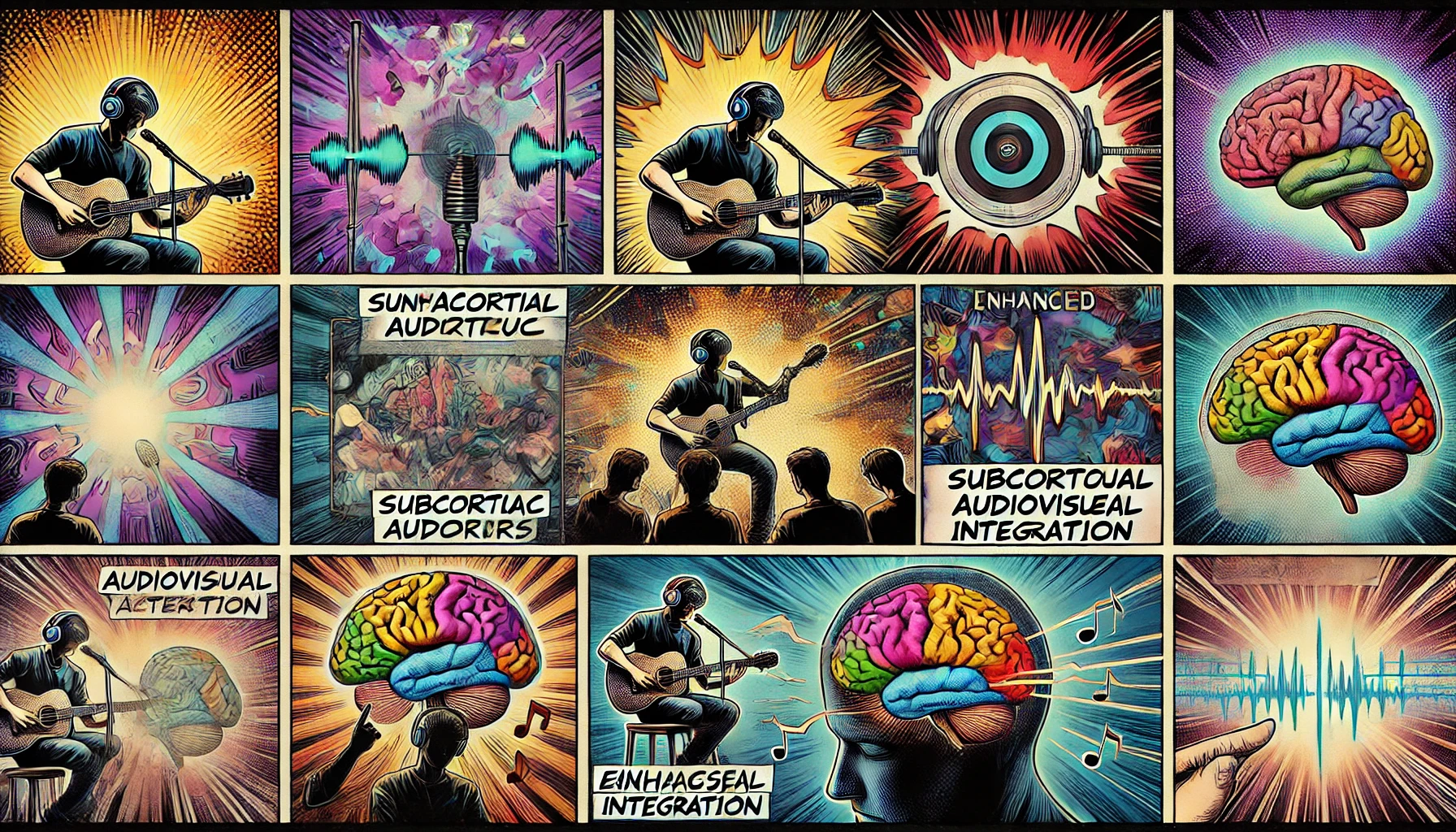Development
Practical Apps for Learning to Play and Make Beautiful Music
Practical Apps for Learning to Play and Make Beautiful Music
Mozart Effect for Newborn
Mozart Effect for Newborn
The Improvising Brain Music and Complex Systems Science
The Improvising Brain Music and Complex Systems Science
Music will get worse MK via Musical Scale
Music will get worse MK via Musical Scale
Death Metal and Music Criticism: Analysis at the Limits
Abstract Michelle Phillipov challenges the tendency of popular music studies to focus on questions of a political nature. The first half of the book is a thorough critique of ‘The Rise of Political Criticism’ in popular music studies with three individual chapters dedicated to case studies of punk, hip-hop, and electronic dance music (EDM). Although … Read more
Long Term Effects of Childhood Music Instruction on Intelligence and General Cognitive Abilities
Long Term Effects of Childhood Music Instruction on Intelligence
Neurobiological Aspects of Neurologic Music Therapy
Neurobiological Aspects of Neurologic Music Therapy
Affective constraints on acquisition of musical concepts: Childrens and adults development of the major-minor distinction
Affective constraints on acquisition of musical concepts
Pitch Memory in Nonmusicians and Musicians: Revealing Functional Differences Using Transcranial Direct Current Stimulation
Pitch Memory in Nonmusicians and Musicians
Topographic maps of multisensory attention
Topographic maps of multisensory attention
Musicians have enhanced subcortical auditory and audiovisual processing of speech and music
Musicians have enhanced subcortical auditory and audiovisual processing of speech and music





